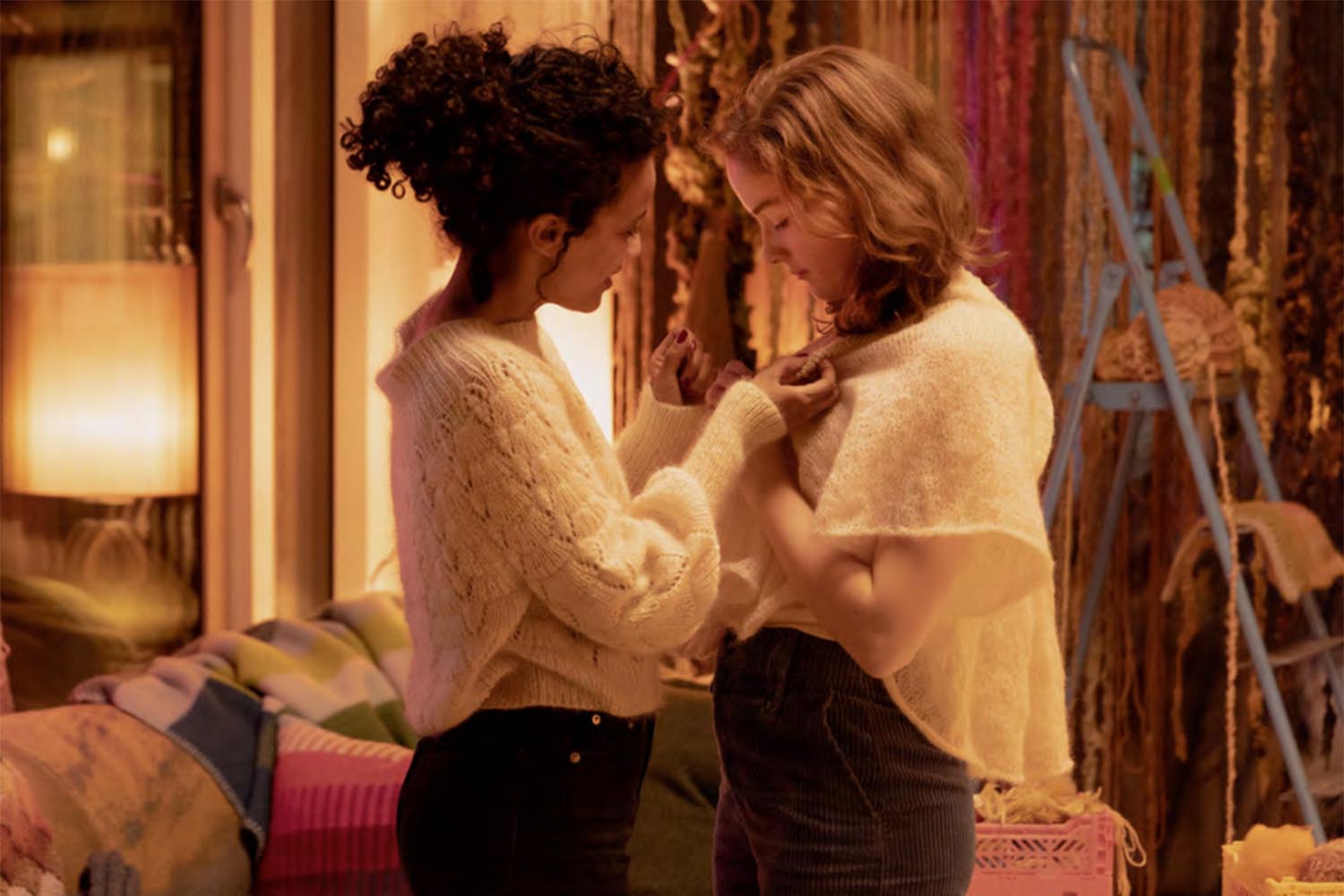The movies have always been in love with the idea of love. But cinema reserves a special place in its heart for first love. You can see the appeal. That experience of an all-consuming crush so intense it seems to change, fundamentally, every aspect of life going forward: we’ve all been there, or at least somewhere in the vicinity.
From beloved Hollywood offerings such as Nick Cassavetes’s The Notebook or Cameron Crowe’s Say Anything to arthouse and indie releases such as Luca Guadagnino’s Call Me By Your Name or Wes Anderson’s Moonrise Kingdom, there’s a story of romantic awakening to suit every taste; to push the sentimental nostalgia buttons of even the most hardened cynic.
It’s a subject that has been so thoroughly mined it’s hard to imagine there’s anything new left to say on the topic, or any remotely novel approach to this well-trodden territory. And yet Dag Johan Haugerud’s beguiling Dreams achieves both. The drama, which won the Golden Bear at this year’s Berlin film festival, is effervescent and fresh, both in what it has to say about first love, and in the intellectual agility of its structure.
Dreams is the final instalment of Haugerud’s Oslo Stories Trilogy (for reasons best known to the distributor, it’s the first of the three to be released in the UK; the others, Sex and Love, will follow throughout August). All three pictures dig into the romantic travails of a cast of characters, linked only by Norway’s capital city. Sex, the first of the films, observes two male middle-aged chimney sweeps as they grapple with questions of sexual identity. The second, Love, is a talky examination of connections in the age of impersonal apps.
Dreams, meanwhile, deals with 17-year-old Johanne (Ella Øverbye, flawlessly capturing the drama tsunami of the teen girl experience), a schoolgirl sideswiped by an infatuation with her charismatic French teacher, confusingly named Johanna (Selome Emnetu).
Johanne decides to capture her feelings in writing, to “make it solid”. But her intimate, explicit account of the “relationship” (there’s a teasing degree of ambiguity in both the film and in Johanne’s text about how much actually happens and how much is fantasy) takes on a life of its own once she shows it to her mother, Kristin (Ane Dahl Torp), and her grandmother Karin (Anne Marit Jacobsen).
It’s not just love that the characters are seeking but a state of transcendence (or in Karin’s case, God, envisaged as a big, friendly, naked Swede)
It’s not just love that the characters are seeking but a state of transcendence (or in Karin’s case, God, envisaged as a big, friendly, naked Swede)
Their initial shock at the bracing candour of the material gives way to admiration for the quality of Johanne’s writing. Karin, a poet with several books to her name, offers to show the manuscript to her agent, with a view to publication.
It’s an inspired device, this literary aspect to Johanne’s story. Haugerud, who was a novelist before he embarked on a film-making career, knows that part of the seismic impact of first love comes from the luxuriantly self-involved thrill of being the central character in your own tragic romantic narrative.
Johanne’s writing neatly justifies the extensive use of voiceover narration, which in other circumstances might feel overbearing, but here deftly guides us through looping flashbacks and languid, peach-tinted memories of intimacy. And, like Kayla’s vlogs in Bo Burnham’s Eighth Grade, Johanne’s manuscript serves as a window into an adolescent psyche. Through it, we get a glimpse of both who she is and who she dreams of being.
The elegance of Haugerud’s direction is also evident in his complex, fallible, all-too human characters and in his harnessing of the architecture of the city in the service of the film’s themes. Stairs are a recurring visual motif: the interlocking Escher stairwell of Johanna’s flat; a long flight of steps serves as a backdrop to a key conversation, and later figures in Karin’s dream sequence.
It’s not just love that the characters are seeking but also a state of transcendence (or in Karin’s case, God, whom she envisages as a big, friendly, naked Swede). Anna Berg’s soaring orchestral score echoes the images of ascent.
All of which gives a sense of the richness and nimble poetry of this terrific film, but fails to capture the essence of what makes it such an airy pleasure to watch. What elevates this picture are the flashes of humour. Haugerud periodically cuts through the adolescent introspection with moments of inspired comedy.
A woodland walk shared by Kristin and Karin escalates into a furious debate about the feminist failures of the film Flashdance; later, during a conversation with her agent, Karin’s attitude subtly shifts from the supportive, nurturing grandmother to gloriously prickly professional jealousy. Sharply written, insightful and exhilaratingly unexpected, this film is one of the very best of the year so far.
Newsletters
Choose the newsletters you want to receive
View more
For information about how The Observer protects your data, read our Privacy Policy

